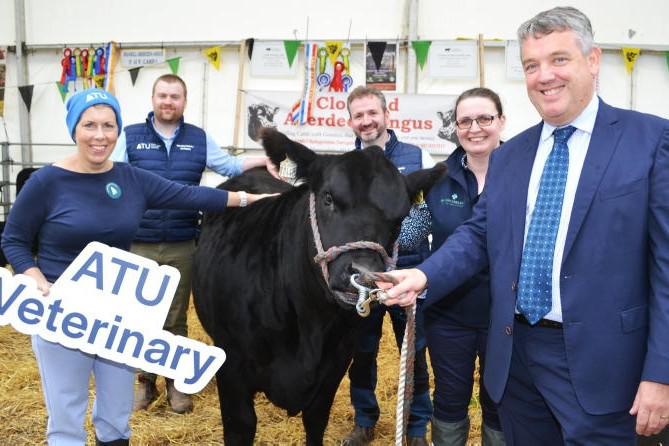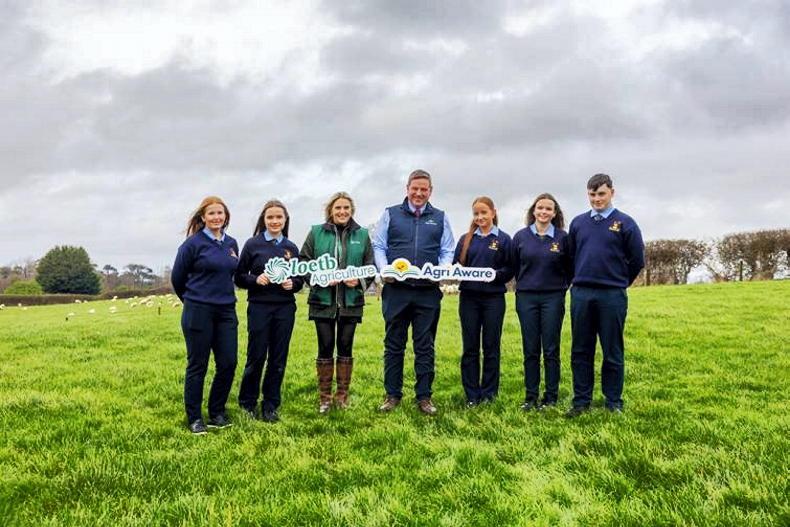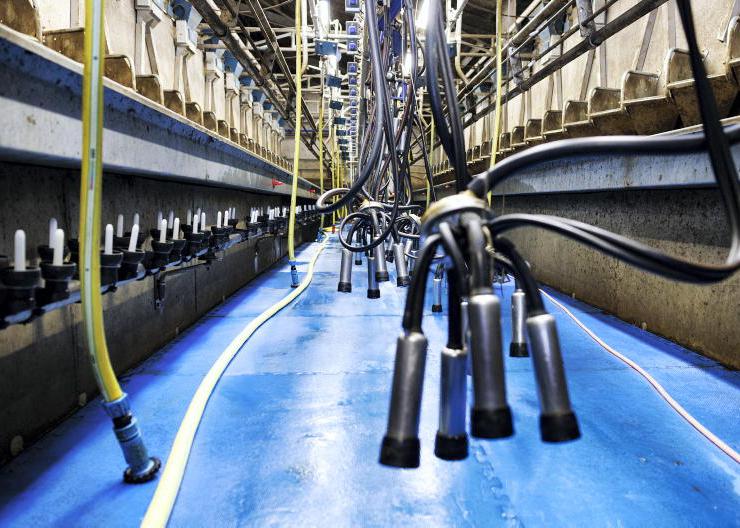In its report "Investing in National Ambition: A Strategy for Funding Higher Education" to the Minister for Education, the expert group led by Peter Cassells recommends that education grant applications should take account of capital assets.
"The current model of student support maintenance grants should continue and should be enhanced to better reflect the real costs of participations, and better targeted by taking account of capital assets and accumulated wealth," the report reads. This means the value of a farm could be taken into account when allocating support to families sending their children to college.
According to the report, around half of those student currently receiving the full standard rate grant currenlty come from households that earn under €30,000. The average farm income, according to the 2015 National Farm Survey, is €26,526.
Funding higher education
One of the three funding options suggested in the report to fund universities is to have €3,000 annual fees, with means-tested waivers for less well-off students. The report warns that waiving fees based on parental income could be perceived as unfair when "some with significant assets receive support", again pointing to the inclusion of farmland in the means-testing process.
The other two options suggested are to either make higher education free, which would be costly and could be perceived as unfair by those who do not receive a higher education; or to replace upfront fees with student loans to be repaid after the student qualifies and starts working, which is the avenue explored in greatest detail in the report.
Read more
Don't let exam performance skew your CAO choice
In its report "Investing in National Ambition: A Strategy for Funding Higher Education" to the Minister for Education, the expert group led by Peter Cassells recommends that education grant applications should take account of capital assets.
"The current model of student support maintenance grants should continue and should be enhanced to better reflect the real costs of participations, and better targeted by taking account of capital assets and accumulated wealth," the report reads. This means the value of a farm could be taken into account when allocating support to families sending their children to college.
According to the report, around half of those student currently receiving the full standard rate grant currenlty come from households that earn under €30,000. The average farm income, according to the 2015 National Farm Survey, is €26,526.
Funding higher education
One of the three funding options suggested in the report to fund universities is to have €3,000 annual fees, with means-tested waivers for less well-off students. The report warns that waiving fees based on parental income could be perceived as unfair when "some with significant assets receive support", again pointing to the inclusion of farmland in the means-testing process.
The other two options suggested are to either make higher education free, which would be costly and could be perceived as unfair by those who do not receive a higher education; or to replace upfront fees with student loans to be repaid after the student qualifies and starts working, which is the avenue explored in greatest detail in the report.
Read more
Don't let exam performance skew your CAO choice









SHARING OPTIONS